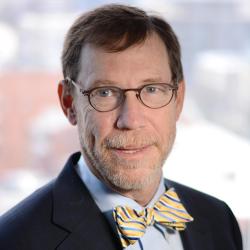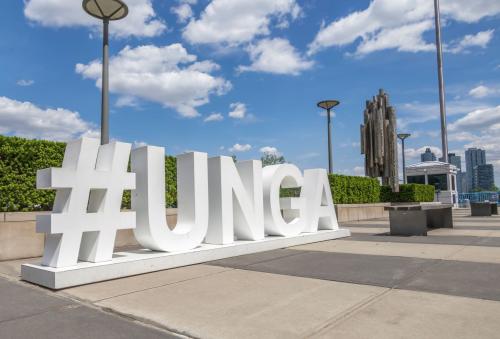

10:00 am EDT - 11:30 am EDT
Past Event
10:00 am - 11:30 am EDT
1775 Massachusetts Avenue NW
Washington, DC
20036
The idea that aid recipients should lead in setting their own development agenda—local ownership—has been a hallmark of foreign assistance reform in the 21st Century. The principle was internationally agreed upon at the Fourth High Level Forum on Aid Effectiveness in Busan, South Korea in 2011 and the United States Agency for International Development (USAID) has placed ‘local solutions’ at the center of its efforts to promote sustainable development. However, there remains a lack of clarity about what local ownership of development priorities actually entails, and varied interpretations have affected how the concept is applied in practice. How can local ownership be best implemented? What benefits and risks may accrue?
On June 27, the Global Economy and Development program at Brookings, the Modernizing Foreign Assistance Network (MFAN), and FHI 360 co-hosted a public forum to delve into these issues. Panelists included Patrick Fine, chief executive officer of FHI 360; Larry Garber, senior advisor in the Bureau of Policy, Planning and Learning at USAID; and Paul O’Brien, vice president for policy and campaigns at Oxfam America. Brookings Senior Fellow George Ingram moderated the discussion.
The discussion built upon related papers from: USAID, Local Systems: A Framework for Supporting Sustained Development; MFAN, The Way Forward: A Reform Agenda for 2014 and Beyond; and Patrick Fine, Effective Development or Protectionist Policy?
10:00 am - 11:30 am
On June 27, the Global Economy and Development program at Brookings, the Modernizing Foreign Assistance Network (MFAN), and FHI 360 co-hosted a public forum on efforts to promote sustainable development through local ownership.


George Ingram
September 20, 2024

Brahima Sangafowa Coulibaly, Landry Signé, George Ingram, Priya Vora, Rebecca Winthrop, Caren Grown, Belinda Archibong, Brad Olsen, Jennifer L. O’Donoghue, Sweta Shah, Ghulam Omar Qargha
September 19, 2024

Emily Gustafsson-Wright, Elyse Painter
September 18, 2024